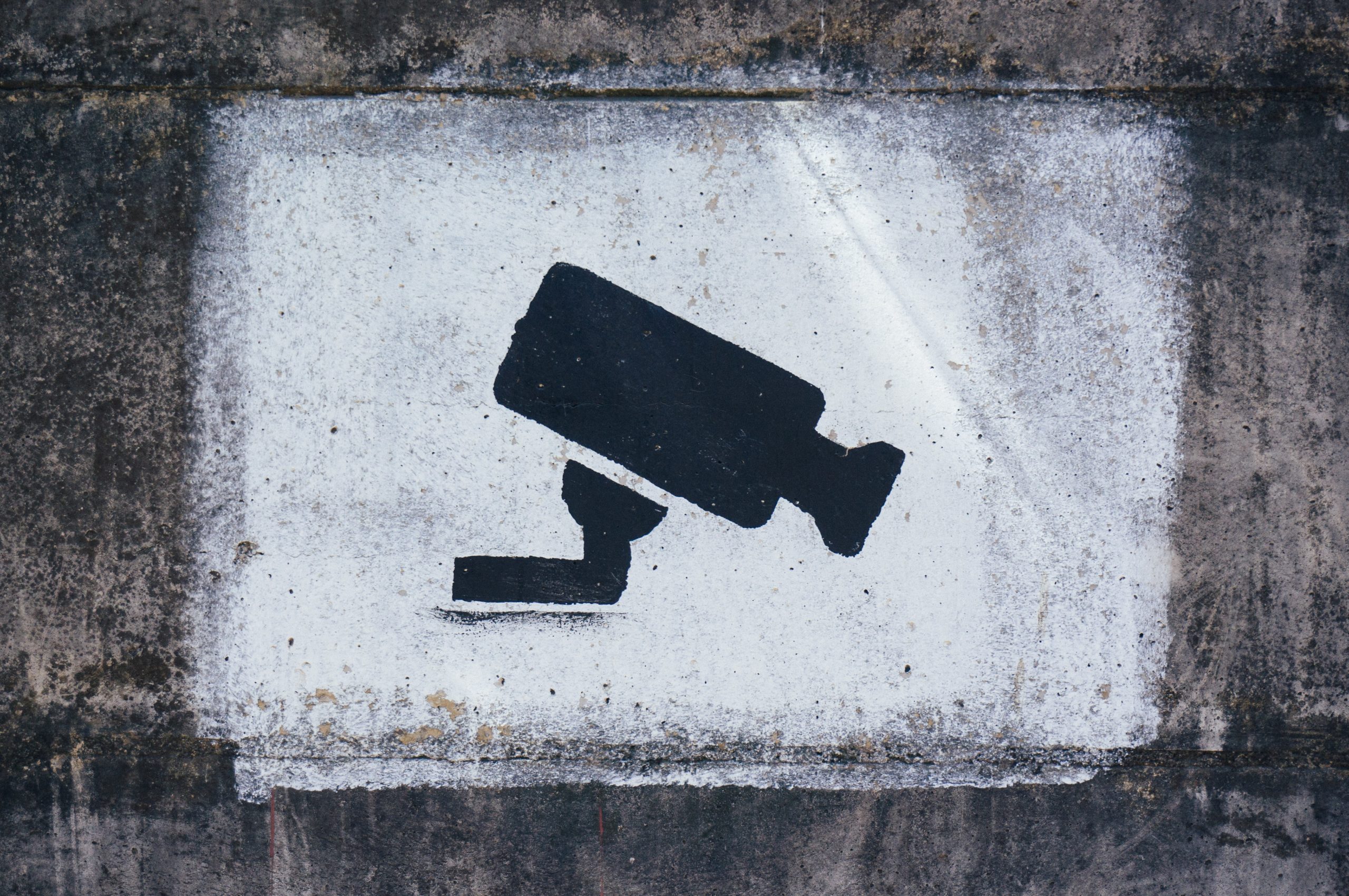Privacy in the Workplace: Employee Surveillance

Posted on October 7, 2020 by Carol Hill
(This blog is the first installment in a multi-part series regarding privacy in the workplace.)
Employers often seek to monitor or surveil their employees in the workplace. Though workplace monitoring, searches, and surveillance can be a valuable tool for any employer, doing so is not without risk. Employers should make sure their workplace search, monitoring, or surveillance procedures do not invade the protected privacy rights of their employees.
Workplace surveillance (such as recording phone conversations or installing security cameras) can be a valuable tool for protecting company time and property by discouraging employees from slacking off, stealing, or engaging in illegal conduct on the job. However, such procedures can also erode employee morale and trust, and even the best surveillance procedures cannot prevent 100% of employee wrongdoing. Most importantly, improper workplace surveillance practices and procedures can create legal liability, even for employers with the best of intentions. Recording employees without their consent can be a violation of the law. The most obvious legal prohibitions are codified in anti-wiretapping and privacy laws. At least 11 states, including Washington State, have laws requiring both parties (employer and employee) to consent to the recording.
Employers should also be aware of other laws that might be implicated by surveilling employees. For example, it would likely be a violation of the National Labor Relations Act if management-level employees recorded union activities.
Employers are safer recording interactions in places where conversations with the public can be overheard, such as calls with customers, or where there are normally interactions with the public, such as in front reception areas. Courts are less likely to find that employees have an expectation of privacy in such interactions. On the other hand, courts are more likely to find that employees have an expectation of privacy in workplace areas where employees undress or change clothes, such as locker rooms or restrooms.
One important component of any employee surveillance or monitoring protocol is maintaining a clear, written company policy that is disseminated to all employees. Maintaining written company policies helps ensure that employees know that they can expect to be recorded.
If you are an employer and you are considering implementing a workplace surveillance or monitoring policy in the workplace, the employment attorneys here at Lasher Holzapfel Sperry & Ebberson are ready to take your call.

